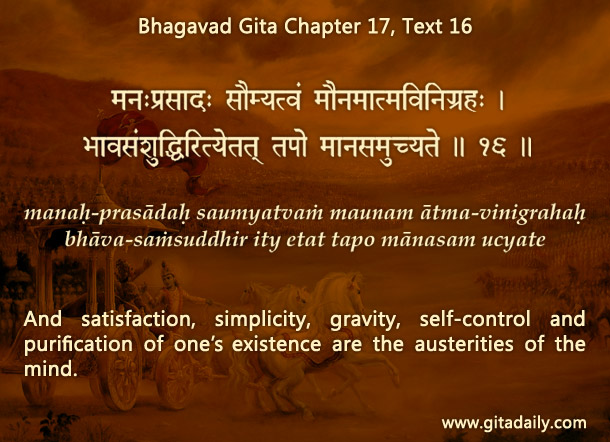To cultivate gratitude, we need to expand our conception of what it is.
Gratitude as an emotion: While gratitude is certainly an emotion, it is also much more. When we think of it only as an emotion, we often leave ourselves feeling powerless because emotions frequently don’t abide by our will; to the contrary, they often arrive and depart according to their own will. Despite having many good things in our life, we may sometimes just not feel grateful.
Gratitude as a decision: Even if we can’t control the emotions that rise inside us, we can control the attention we give to them and the actions we take amid their presence. How? By using our intelligence to predetermine our decisions. When we decide to cultivate gratitude, we won’t dwell too much on feelings of discontent even when they arise within us; instead, we will consciously and conscientiously shift our attention to the things that are right in our life. Without relying on the cooperation of our feelings, we will offer thanks for those things and strive to utilize them more fully for enriching our life. Pointing to this decision dimension of cultivating gratitude, the Bhagavad-gita (17.16) urges us to cultivate contentment as a discipline of the mind.
Gratitude as a decision that fosters gratitude as an emotion: Over time, as we train ourselves to see gratitude as a decision that is within our power to take, we will both start valuing the good things in our life more and start noticing more the things of value already there in our life. Thus, we will progress increasingly toward having a naturally grateful disposition, thereby making our heart more conducive for the emotion of gratitude to arise spontaneously and flourish speedily.
One-sentence summary:
To cultivate gratitude, stop seeing it as just an emotion that we can’t always control — and start seeing it as a decision that we can always take.
Think it over:
- What’s wrong with seeing gratitude as merely an emotion?
- What does treating gratitude as a decision mean?
- How does gratitude as a decision foster gratitude as an emotion?
***
17.16: And satisfaction, simplicity, gravity, self-control and purification of one’s existence are the austerities of the mind.
To know more about this verse, please click on the image


JAPA inculcates austerity of MIND.